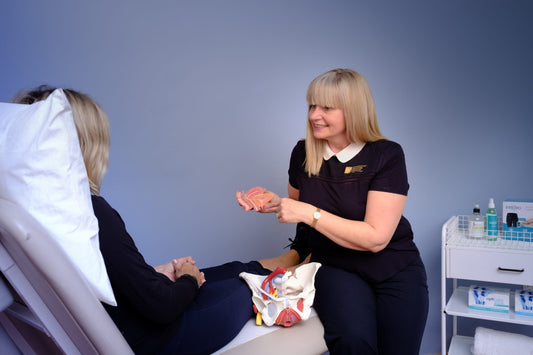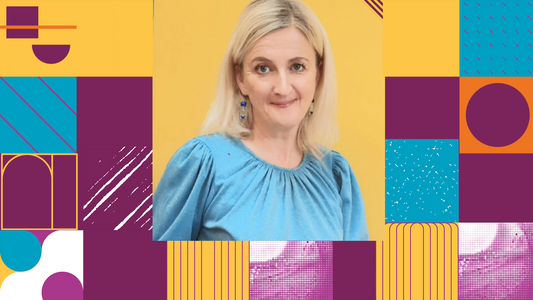Menopause and unfair dismissal is a growing trend in Ireland. If the average Irish woman experiences menopause at around 51 she still has at least 15 years of professional years ahead of her.
Yet growing numbers of women say they experience workplace discrimination because of menopause and some are taking their employers to court as a result.
Although we don’t yet have accurate data in Ireland, according to the Irish Times, in the UK, there were five employment tribunals referencing menopause in 2018, six in 2019 and 16 in 2020. There were 10 in the first six months of 2021 alone.
While it is easy to sweep the issues surrounding menopause under the carpet, the more open dialogue has women feeling more empowered. This feeling of empowerment has them ready to stand up and tackle the issues as they see them.
That and employers historically haven’t fully understood or explored the impact that menopause can have on their staff.
Need help with menopause symptoms? We have a post on what daily vitamins and minerals will help with menopause!
Looking at research
Dee Murray is the founder and CEO of Menopause Experts, which carried out the research in the UK.
She said that we will see group lawsuits in the future. Women will take on collective unfair dismissal or discrimination cases.
“The women in many big companies are already setting up their own private, internal menopause support groups,” she added. “If they decide their issues are not supported by HR, you could potentially have a real problem.”
-Between 2006 and 2016, the employment rate for women in Ireland aged 55-59 increased from 47% to 59%, and the rate for women aged 60-64 increased from 31% to 37.5%
-In total, 300,000 women in Ireland aged 45-64 are in employment
-Symptoms of menopause can last up to 10 years
-A survey in Northern Ireland found that half of the respondents said menopause was treated as a ‘joke’ in their workplace. 28% said there are negative connotations with menopause.
Women aged 50 to 64 are a highly economically active group, often with higher disposable income. They are key decision-makers for major purchases, including property, cars, and holidays.
With rising life expectancy, a 30-year-old woman today is more likely to work until they're at least 70.
At age 50, many women in the peak of their careers and hold senior, pivotal roles.
Research shows that one in four women who experience menopausal symptoms consider leaving their job. This means the loss of considerable amounts of knowledge, experience, and talent
Thankfully, more employers recognise how they must better support the wellbeing of women in their 40s, 50s, and 60s. And that’s a movement and conversation that we all need to be a part of. This is only the first step of tackling the issues of menopause and unfair dismissal but it is a good start!













